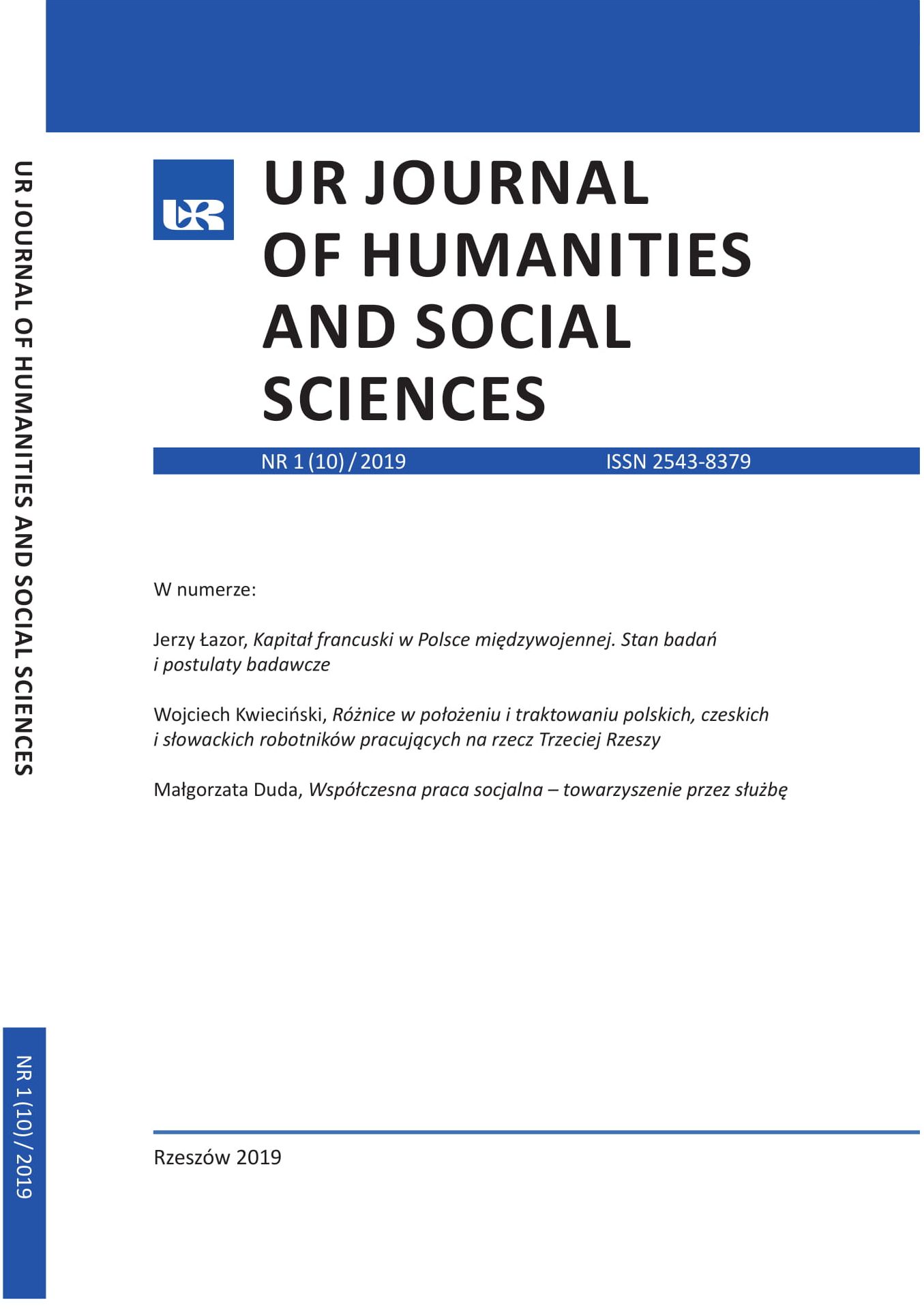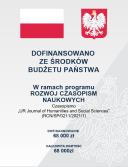Anti-Western policy of the Soviet-Turkish relations during the Greek-Turkish War
DOI:
https://doi.org/10.15584/johass.2019.1.1Keywords:
Lenin, Mustafa Kamal, convergence, sosialism, bolsheviks, anti-westernAbstract
A number of recent comparative works have drawn attention to parallels and simi-larities between the Soviet Union and the early Turkish Republic. In this article, I take a firmly transnational approach to Soviet-Turkish interactions in the 1920s to demon-strate that the similarities were not merely circumstantial. The manifest ideological con-flict between nationalist Turks and internationalist Bolsheviks has led many historians to dismiss Soviet-Turkish cooperation as a necessary response to geopolitics, a pragmatic alliance against the west. This article makes that opposition to the western-dictated inter-national order was a coherent element in Soviet-Turkish exchanges that stretched beyond diplomacy into the economic and cultural spheres. The anti-western elements of Soviet-Turkish relations suggest that convergence was more than a case of homologous respons-es to similar conditions; it was part of a broader narrative that, in the Soviet case at least, continued to shape international relations beyond World War II.
Downloads
Downloads
Published
How to Cite
Issue
Section
License
Copyright (c) 2019 Wydawnictwo Uniwersytetu Rzeszowskiego

This work is licensed under a Creative Commons Attribution-NonCommercial-ShareAlike 4.0 International License.



